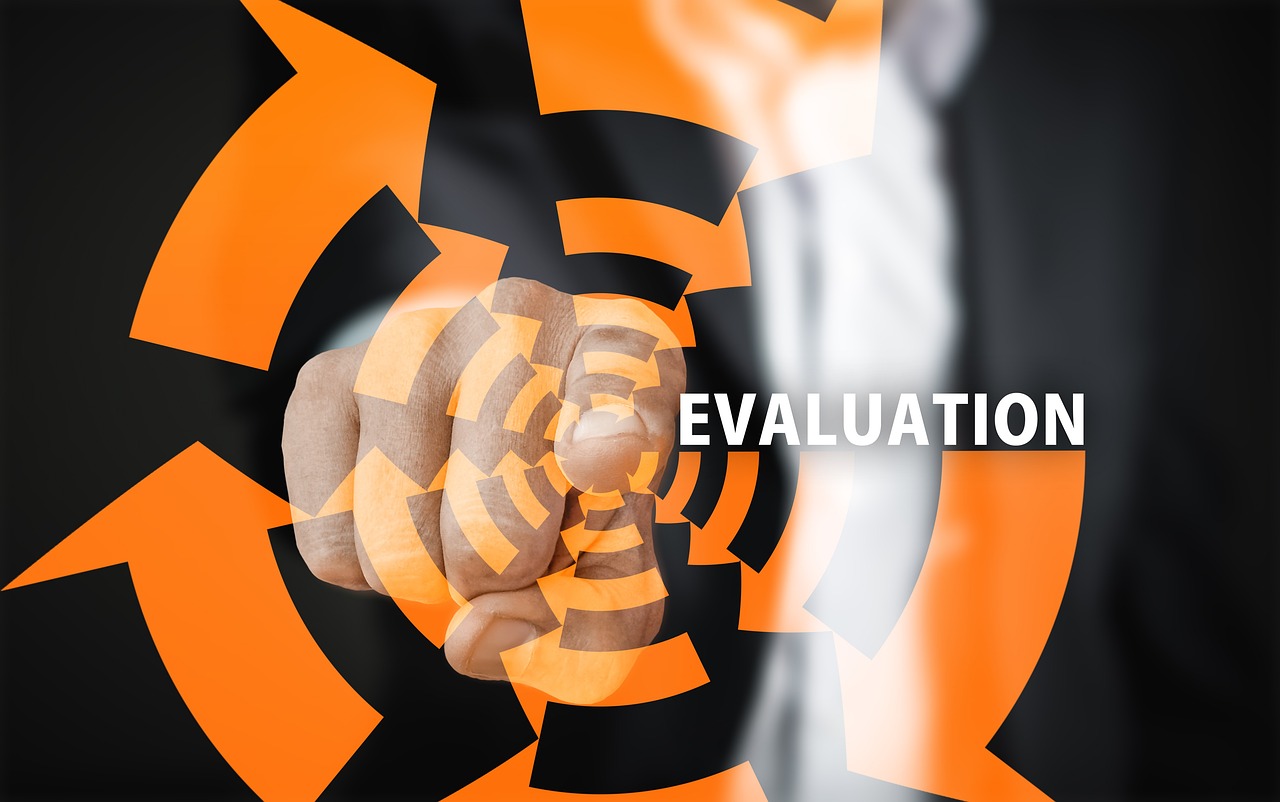 In the realm of evaluating skills, traditional assessment methods have predominantly focused on cognitive abilities, such as intelligence and academic achievements. However, recent evidence has shed light on the significance of non-cognitive skills, also known as soft skills or socio-emotional skills. These skills encompass attributes like communication, teamwork, adaptability, and resilience, which play a vital role in shaping an individual’s overall performance and success. While recognizing the importance of non-cognitive skills is a crucial step, finding accurate and unbiased ways to evaluate them remains a challenge. In this article, I explore the compelling evidence indicating that co-evaluation of non-cognitive skills offers a more accurate, less biased, and highly predictive assessment of an individual’s future performance.
In the realm of evaluating skills, traditional assessment methods have predominantly focused on cognitive abilities, such as intelligence and academic achievements. However, recent evidence has shed light on the significance of non-cognitive skills, also known as soft skills or socio-emotional skills. These skills encompass attributes like communication, teamwork, adaptability, and resilience, which play a vital role in shaping an individual’s overall performance and success. While recognizing the importance of non-cognitive skills is a crucial step, finding accurate and unbiased ways to evaluate them remains a challenge. In this article, I explore the compelling evidence indicating that co-evaluation of non-cognitive skills offers a more accurate, less biased, and highly predictive assessment of an individual’s future performance.
The limitations of traditional assessment methods
Historically, cognitive skills have dominated the assessment landscape due to their tangible and quantifiable nature. Standardized tests and academic performance metrics have been relied upon to gauge individuals’ abilities. However, these methods fail to capture the full spectrum of skills that contribute to success in real-life scenarios. Non-cognitive skills, which are often subjective and context-dependent, cannot be adequately measured through traditional means alone.
The power of authentic assessment methods
Authentic assessment methods are revolutionizing the educational landscape by bridging the gap between classroom learning and real-world experiences. These innovative approaches not only facilitate meaningful interaction within the classroom but also nurture the development of higher-order thinking skills essential for success in the professional realm. In this article, we will explore the benefits of authentic assessment methods and how they empower students to connect with the world of work while honing their critical thinking abilities.
By leveraging authentic assessment methods, educators empower students to connect with the world of work, fostering a seamless transition between the classroom and professional environments. These assessments not only cultivate higher-order thinking skills but also develop well-rounded individuals equipped to thrive in the dynamic and complex world they will encounter beyond their educational journey.
The rise of co-evaluation
Co-evaluation, a relatively recent assessment approach, emphasizes the importance of multiple perspectives in evaluating non-cognitive skills. Instead of relying solely on self-assessment or a single evaluator’s judgment, co-evaluation involves multiple stakeholders, including peers, supervisors, mentors, and even self-evaluation. This multi-perspective assessment method provides a more holistic and comprehensive understanding of an individual’s non-cognitive skills. In this context, co-evaluation exhibits the following advantages:
- Accuracy: Co-evaluation allows for a more accurate assessment of non-cognitive skills by incorporating diverse viewpoints. Each evaluator brings their unique perspective, experiences, and insights, resulting in a well-rounded assessment that captures the nuances of an individual’s skills and abilities.
- Reduced Bias: Traditional evaluations may be influenced by conscious or unconscious biases, leading to subjective judgments. Co-evaluation helps mitigate these biases by providing a more objective assessment. Different evaluators provide checks and balances, minimizing the impact of individual biases.
- Predictive Power: Research suggests that co-evaluation of non-cognitive skills offers higher predictability of an individual’s future performance. By considering multiple perspectives, this assessment method taps into a broader range of skills and competencies, enabling a more accurate forecast of how an individual will thrive in professional and personal endeavors.
- Development Opportunities: Co-evaluation promotes continuous learning and growth. Feedback from multiple evaluators provides individuals with a comprehensive understanding of their strengths and areas for improvement. This feedback-rich environment fosters self-reflection, supports targeted skill development, and enhances overall performance.
Implementing co-cvaluation
To effectively implement co-evaluation of non-cognitive skills, organizations, educational institutions, and workplaces should prioritize the following:
- Training and Guidance: Offer comprehensive training to evaluators on the assessment criteria and the significance of non-cognitive skills. Clear guidelines and rubrics can ensure consistent and fair evaluations.
- Cultivating Feedback Culture: Foster a culture that values constructive feedback and encourages ongoing evaluation and development. Regular feedback sessions and opportunities for self-reflection can enhance the effectiveness of co-evaluation.
- Technology Integration: Leverage technology platforms to facilitate the co-evaluation process. Online surveys, rating systems, and collaborative tools can streamline the assessment, collation, and analysis of multiple evaluations.
As a conclusion, the evidence is compelling: co-evaluation of non-cognitive skills provides a more accurate, less biased, and highly predictive assessment of an individual’s future performance. By embracing co-evaluation, organizations and educational institutions can unlock the true potential of individuals, harnessing their non-cognitive skills to drive success. This comprehensive approach not only supports personal and professional development, but also paves the way for a more inclusive and equitable assessment of skills in our rapidly evolving world.
 Fernando Vera, PhD. Doctor in Educational Sciences, academic, researcher, and international consultant, with advanced postgraduate training at the master’s and doctoral levels. He has undertaken academic and research stays in China, Israel, Colombia, Mexico, and Argentina. Currently, he is completing his second doctoral degree, with international mention from the University of the Basque Country/Euskal Herriko Unibertsitatea (UPV-EHU), Spain.
Fernando Vera, PhD. Doctor in Educational Sciences, academic, researcher, and international consultant, with advanced postgraduate training at the master’s and doctoral levels. He has undertaken academic and research stays in China, Israel, Colombia, Mexico, and Argentina. Currently, he is completing his second doctoral degree, with international mention from the University of the Basque Country/Euskal Herriko Unibertsitatea (UPV-EHU), Spain.
